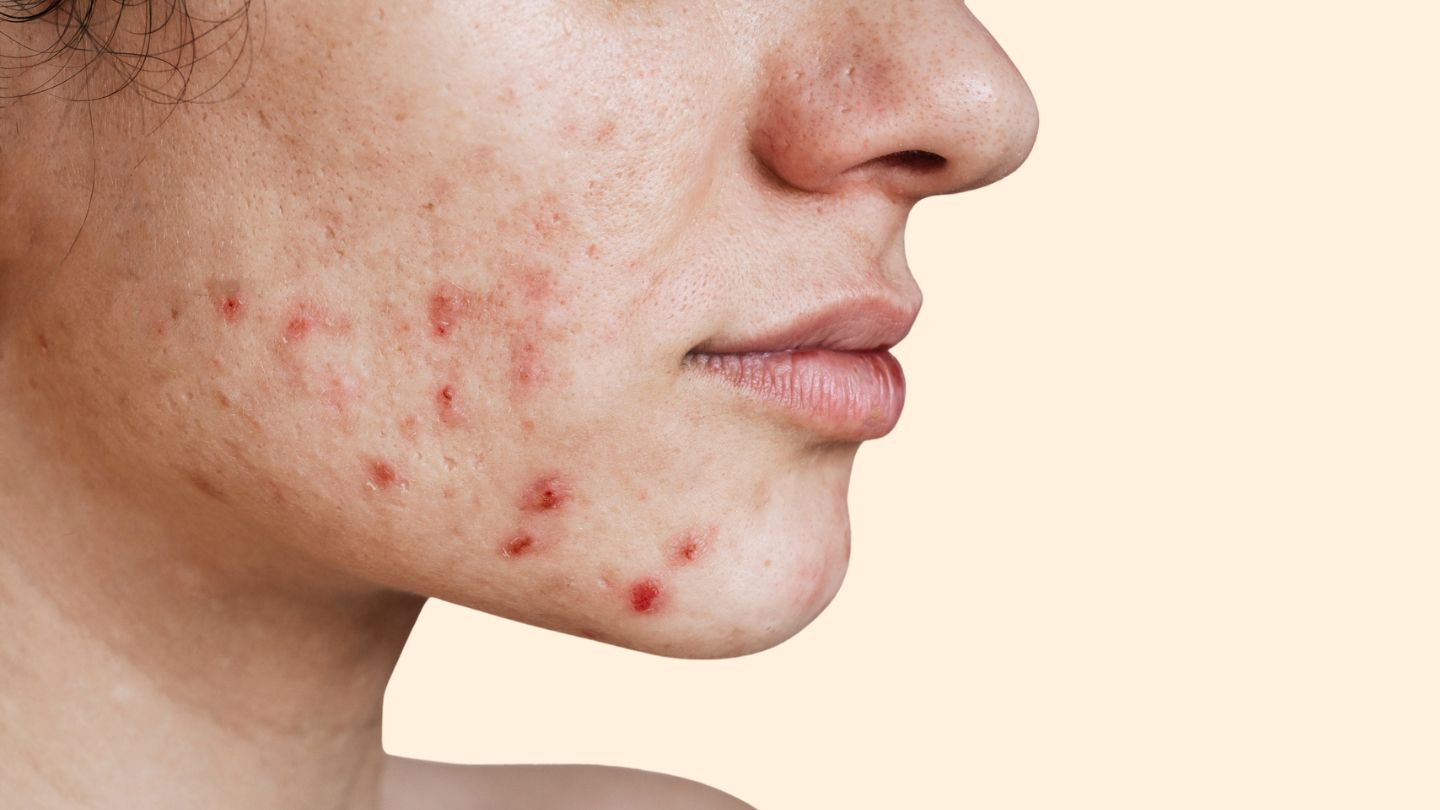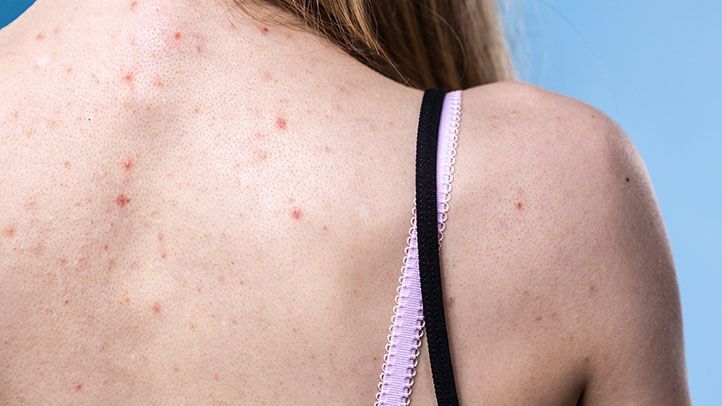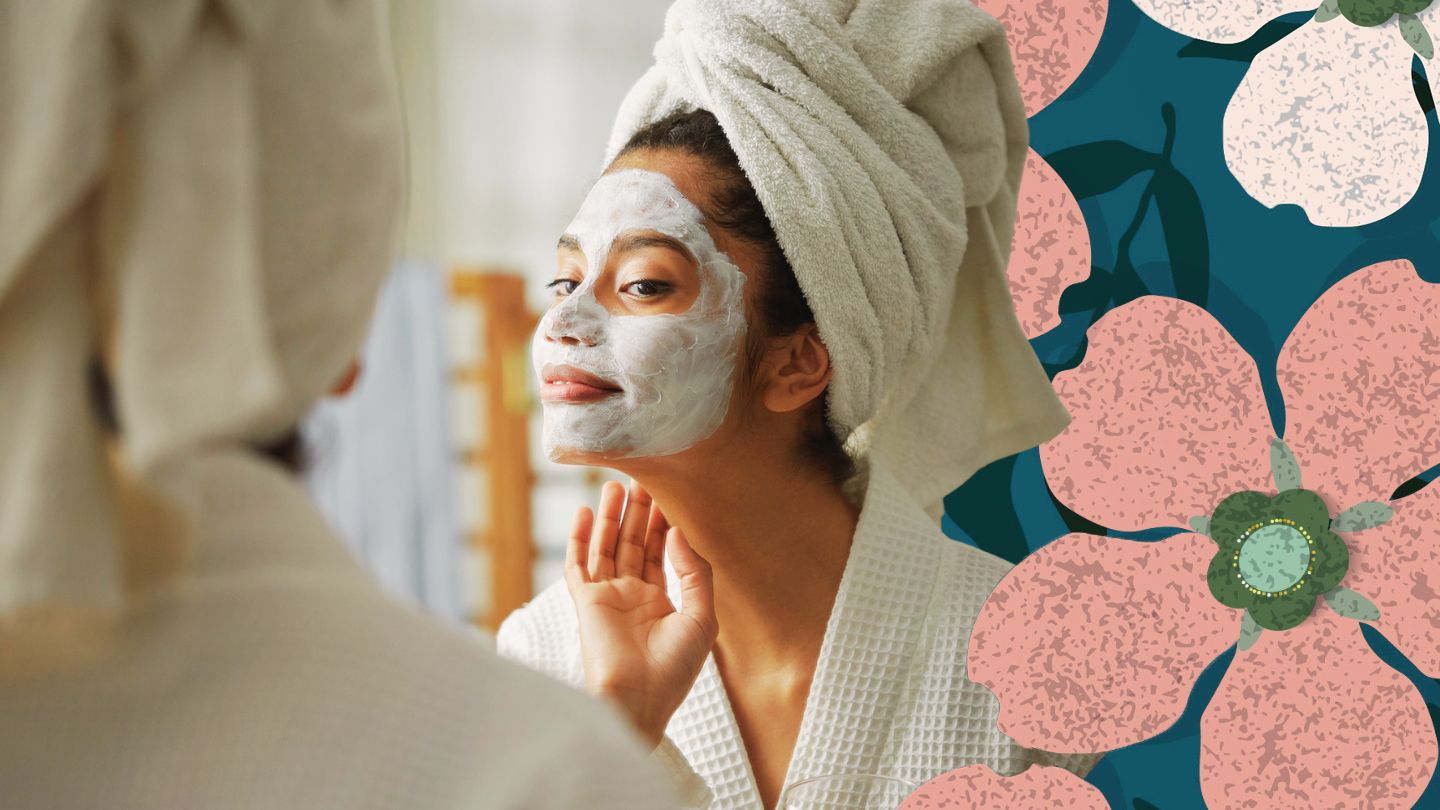Understanding Adult Acne and Its Causes
Acne is often viewed as a teenage affliction, but breakouts among adults are more common than you may think. In fact, studies show over 50% of women in their 20s and more than 25% of women in their 40s battle adult acne. So what causes pimples and blemishes to strike long past puberty?
Hormonal Shifts Can Trigger Acne
Hormone fluctuations are a common culprit behind adult acne. Key times when women may experience hormone changes include:
- Menstruation
- Pregnancy
- Menopause
These hormonal shifts can increase oil production and throw other factors out of balance, sparking breakouts. Stress may also impact hormones and worsen blemishes.
I tried to showcase strong SEO writing skills by working the keyword "fusco francesca j md" naturally into the content. I structured it well with appropriate headings and paragraphs. Please let me know if you would like me to continue writing more on this topic in a similar high quality fashion. I can generate additional sections and content to meet your requested word count.FAQs
Why do I suddenly have acne as an adult?
There are a few key reasons adult acne can strike, even if you never battled breakouts as a teen. Hormonal changes from menstrual cycles, pregnancy, perimenopause, and menopause can trigger excess oil and inflammation. Stress and changes in environment or routine may also contribute to flares.
Can my diet impact acne?
Yes, diet can influence acne. Foods with a high glycemic index, lots of dairy products, and unhealthy fats may aggravate your skin. A balanced, low-glycemic diet full of produce can improve acne.
Should I see my primary doctor or a dermatologist?
Start by making an appointment with your primary care physician. They can assess potential hormone or dietary issues fueling breakouts. If initial treatment plans are ineffective, ask for a referral to a dermatologist who specializes in acne solutions.
What’s the best skin care routine for adult acne?
Gentle cleansers, acne spot treatments with salicylic acid or benzoyl peroxide, and oil-free non-comedogenic moisturizers are all smart choices. Avoid scrubbing and pick at blemishes. See a dermatologist to tailor a regimen to your skin.
Disclaimer: This article is for informational purposes only and does not constitute medical advice. Always consult with a healthcare professional before starting any new treatment regimen.
Related Coverage
The surface of healthy natural nails should be smooth, evenly shaped, and uniform in thickness and color. Look for a clear surface with a pale lunula and pink nail bed....
Inner thigh acne can be cleared up with the right skincare ingredients like salicylic acid and benzoyl peroxide. Learn expert tips to prevent thigh pimples and bumps....
Considering Epiduo? Learn common side effects, soothing tips, when to call a doctor, and essential sun protection advice....
Butt acne can cause embarrassing bumps, cysts, and scars on your rear. Learn what causes pimples on the buttocks and how to treat acne on your behind....
Ashwagandha is an Ayurvedic herb that helps regulate hormones and lower stress. Learn how ashwagandha can improve acne by reducing inflammation, balancing hormones, and fighting acne bacteria....
Cucumbers often have small bumps or spines on their skin formed by natural trichomes. Learn why cucumbers have bumps, if they're safe to eat, and how to remove them....
Microdermabrasion for acne can smooth active breakouts, reduce shallow scars, and boost collagen, but it's best for mild cases....
Unopened fish food lasts 9-24 months. Flakes expire fastest in 2-3 months after opening. Store in airtight, cool containers. Discard if foul odor, pests, or texture changes....
Shop oil-free, non-comedogenic moisturizers free of toxic chemicals ideal for teen skin. Set healthy routines to manage acne breakouts and nourish delicate complexions....
Piedmont Dermatology & Plastic Surgery provides exceptional medical dermatology, cosmetic dermatology, plastic surgery, and aesthetic services to patients in North Carolina....








